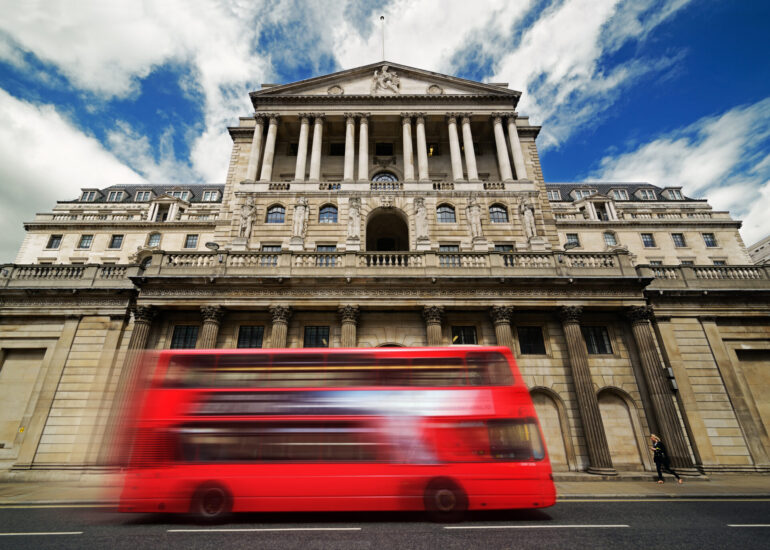The UK GDP contracted by 0.1% in May, following a sharper 0.3% decline in April, the latest data from the Office for National Statistics revealed.
This marked the second consecutive month of negative growth, sparking fresh concerns about the country’s economic trajectory.
The figures, released against market expectations of a modest 0.1% expansion, have placed the Government under renewed pressure as it struggles to reverse the slowdown.
Although the services sector, which accounts for around 80% of UK GDP, posted a small gain of 0.1% month-on-month, it offered little relief.
Within services, IT and professional services were among the few bright spots.
However, that limited strength failed to outweigh significant weakness in other sectors.
Construction output fell by 0.6% in May, and production output – which includes manufacturing – dropped by 0.9%.
Nicholas Hyett, investment manager at Wealth Club, said: “Some strength in the IT and professional services sectors mean services growth as a whole scraped into positive territory for the month.
“However, that was not enough to offset contractions in manufacturing and construction sectors, meaning the UK economy shrank unexpectedly in May.
“Higher US tariffs seem to be causing some of the UK’s woes, especially in car manufacturing – which faced the full brunt of tariffs early on. Changes to stamp duty have also weighed on the construction sector.”
He continued: “An optimist might argue these are one off headwinds – US tariffs on UK cars have already been softened, and the housing market will get moving again once its had time to adjust. The problem is that it’s difficult to see what turns things around.
“Higher living wages and employers national insurance may already be hurting labour intensive industries like retail and leisure. Despite markets hitting record highs, the macro-economic picture is uncertain and taxes look set to rise substantially at the next budget.
“Both weather and markets may be stuck on hot, but ultimately it’s the economy that matters and if cooling turns to economic deep freeze you might see the Government start to sweat.”




